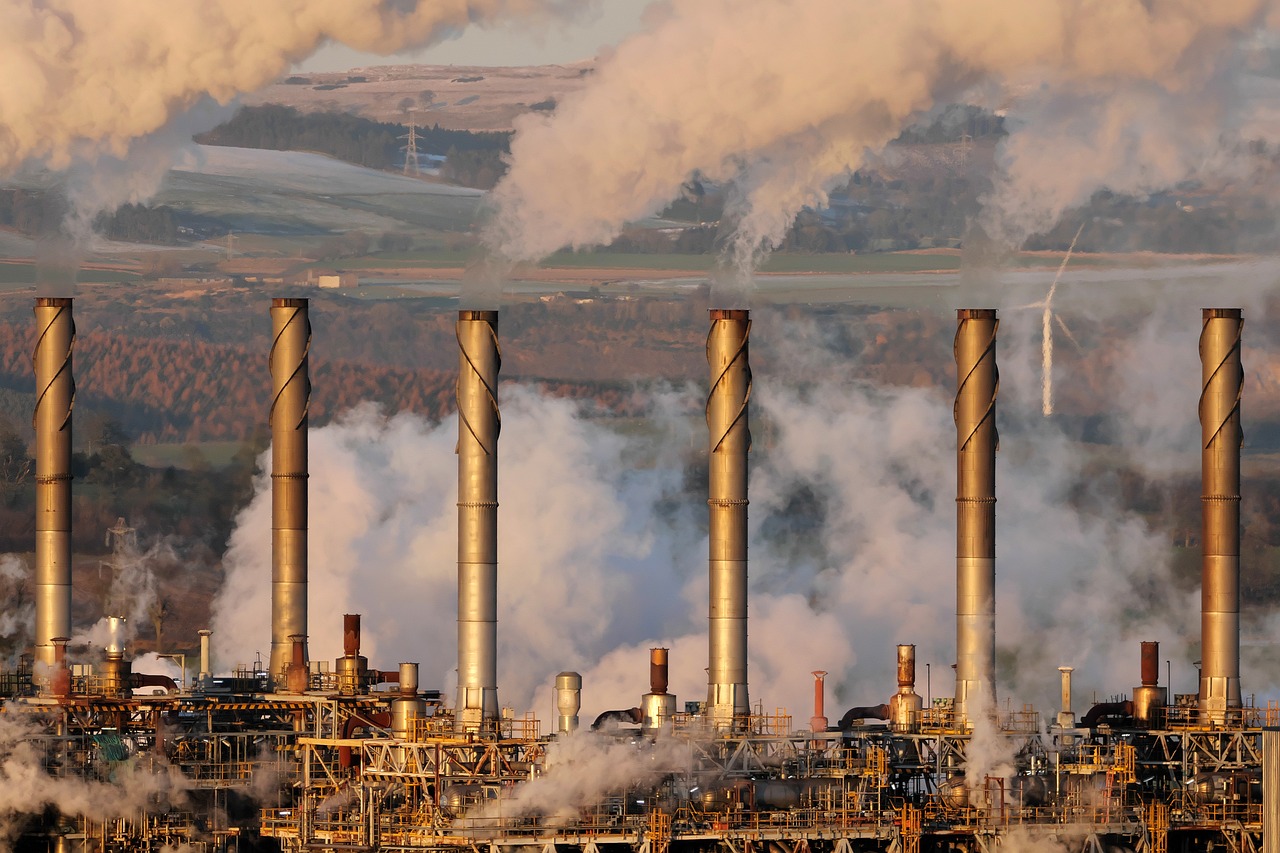News
Russian Oil Minister: Oil Prices Exceeding $50 will Cause Oversupply
According to the TASS news agency, Russia’s
oil minister warned that if oil prices exceed US$50 to US$60 per barrel, it
will cause oversupply.
On Tuesday, Russian Energy Minister
Alexander Novak said that stable crude oil production has not been able to
alleviate the high crude oil price of US$50 to US$60 per barrel. It can only
cause oversupply again.
'We want the market to balance itself,' the
finance minister said. Despite the collapse in oil prices, crude oil supply in
2015 was still higher than in 2014. If crude oil supply continues to remain at
January levels, it means that supply will not rise. Regardless of the
circumstances, however, demand will always rise. The market will be overcome by
oversupply in the short term.
At the end of 2015, Brent crude oil prices
fell by 49.6%. Since early 2016, its price has fallen 15%. The current price of
crude oil is approximately US$33 per barrel. The average price of Urals crude
oil in January-February 2016 remained at $29.69 per barrel.
Currently, nearly 15 countries support
stabilizing crude oil production
Alexander Novak said that 15 countries have
publicly expressed support for the decision to stabilize oil production, and
they have agreed to cut crude oil production by 73%. The minister said the deal
would still have positive effects even without Iran's consent.
Novak said 15 countries have publicly
expressed support for the agreement to cut oil production. Assuming these
countries agree to freeze oil production, these countries account for 73% of
world oil production.
Novak said that even if Iran does not
agree, the agreement will still be effective. Currently, Iran occupies a
special position in the deal given its minimal oil production. Iran could be
isolated and special policies directed toward the country.
According to the minister, a decision to
stabilize oil production will be made in March. The specifics of the agreement
still need to be discussed.
Novak said that given the predictability of
market participants, oil companies confirmed that they would support the
agreement. They agree to have relevant agencies monitor their oil output.
Currently, the agreement is still under active discussion. Many countries have
publicly expressed support for the agreement. In March, Russia will continue to
hold talks with OPEC member countries and non-OPEC member countries to
formulate the final agreement.
In 2016, Russian refineries cut their
output to 280 million tons.
In 2016, the Russian government also agreed
to reduce refinery oil production to 280 million tons.
According to federal government statistics,
in 2015, Russian refineries produced 287 million tons of oil.
He said that this year, we expect crude oil
production value to be 280 million tons. Our mission is to fully meet people's
needs for diesel and gasoline.
2016 Petroleum Block Development Plan
This year, the head of Rosneft also
confirmed the development plans for the oil sector this year.
Novak said that this year, oil companies
have confirmed their development plans for the drilling and production field
this year. It relates to the license highlighted earlier. It is important that
our company remains extremely competitive during such difficult times.
Earlier, Natural Resources Minister Sergey
Donskoy said that in 2016, investment in geological exploration will be reduced
by 10% to 15%. He also said that the record volume of exploration investment
occurred in 2014.
In 2015, Russia’s investment in General
Electric was 28.4 billion rubles (approximately US$386 million). Compared with
2014, it was 20% less.
Crude oil companies plead with Putin to
keep current tax regime in place
According to Novak, Russia's oil companies
are pleading with the country's government to keep their tax system unchanged.
After meeting with the head of state, Oil
Minister Novak said that given the current market situation of volatile oil
prices, the most important thing in the medium to long term amid
unpredictability is to keep the current tax system unchanged.
The minister said many oil companies' plans
can only be realized if the tax regime remains unchanged.
The minister said the final decision on the
incident would depend on the situation. First, there is a government to discuss
the incident, and second, it is elevated to the level of the President.
He added that no decision was taken at the
meeting held by the president on Tuesday. But the president expressed support
for the oil companies' proposal.

RELATED NEWS
- BANDON Factory Sale (Jishan Station) Ended Perfectly
- Indian Consortium Covets BHP Coal Assets
- BANDON's 2024 Changzhi Channel Partner Franchise Summit Concluded Successfully
- BANDON 2024 First "Private Directors and Chambers of Commerce" Salon Symposium
- The Grand Event with Thousands of People Ended Successfully
